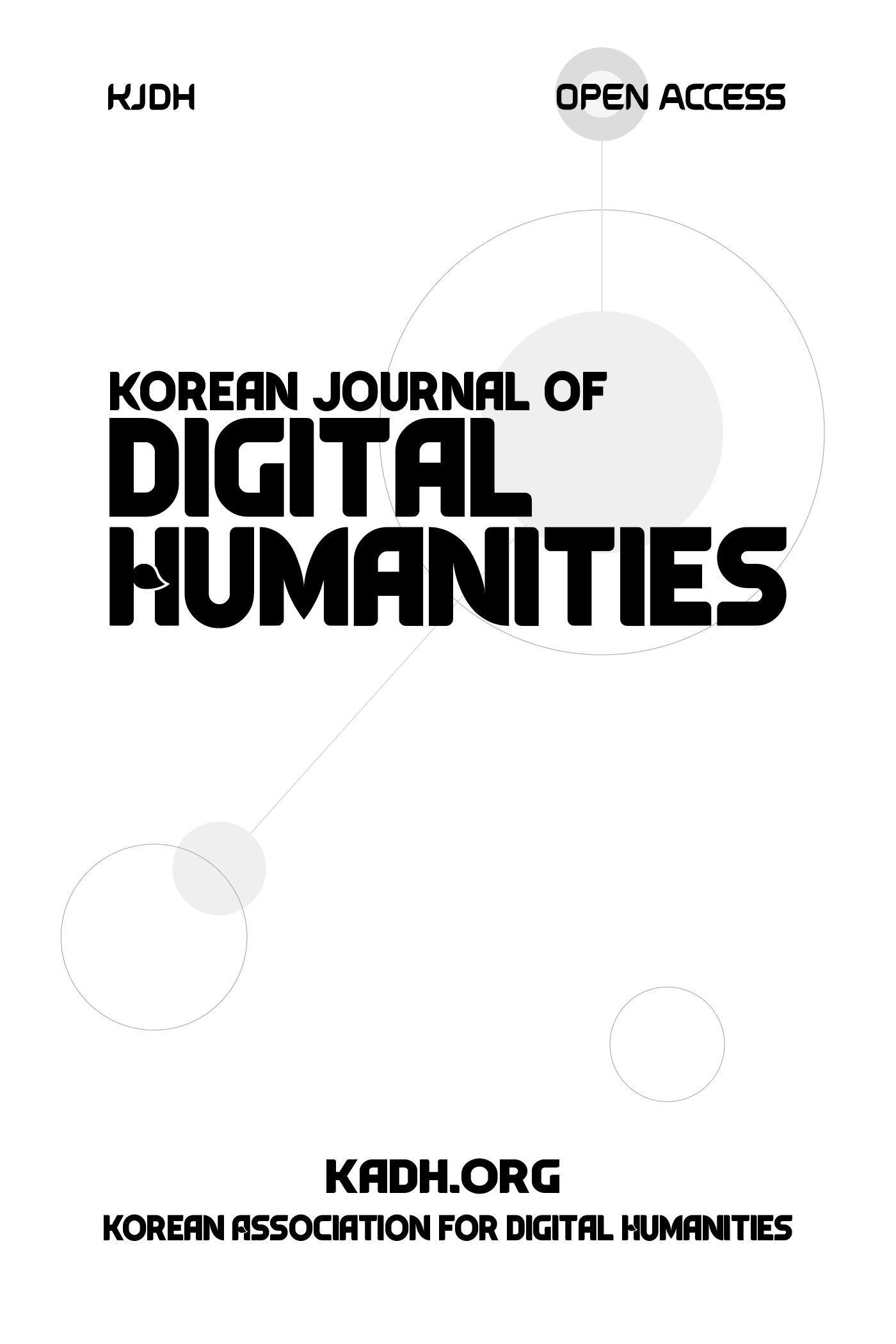- KOREAN
- E-ISSN3058-311X
 E-ISSN : 3058-311X
E-ISSN : 3058-311X
Digital Curation: Digital Humanities Education for Future Generations

Abstract
In this article, I introduce a method called ‘digital curation’ designed for humanities students who are part of the digital native generation. Digital curation involves systematically organizing digital resources to create informative and narrative-rich digital content. This process utilizes ‘semantic data,’ which is information structured to clearly define its own meaning and its relationships with other data. Semantic data usually involves entities such as people, places, or things, and delineates their interactions and connections. The primary outcome of digital curation is the creation of ‘digital archives’ that rely on semantic data. These archives serve as repositories for humanistic resources and effectively replicate the subjects studied in the humanities through structured data. The potential benefits of these semantic data-based archives include: 1. Enhancing interdisciplinary integration, which facilitates communication and collaboration across various fields, enriching our understanding of human knowledge and culture. 2. Supporting educational uses, where educators and students can utilize the archives to explore the interconnectedness of different cultural elements. 3. Preparing for future integration with AI, as the data format is well-suited for AI processing and utilization, enabling a collaborative future between humanities and artificial intelligence.
- keywords
- digital humanities, digital curation, digital archives, semantic data, semantic data-based archives, semantic data-based generative storytelling
- Submission Date
- 2024-04-30
- Revised Date
- 2024-05-15
- Accepted Date
- 2024-05-24
- 476Downloaded
- 531Viewed
- 0KCI Citations
- 0WOS Citations
_3200-704_투명.png)
